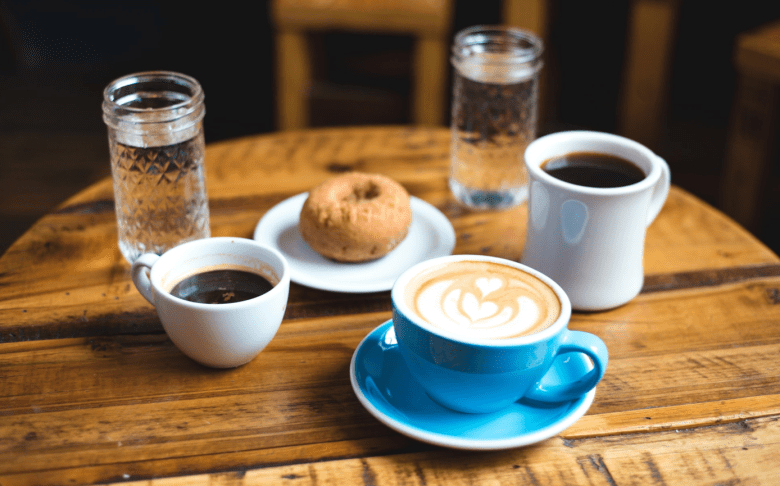Climate change changes everything and coffee is no exception. Traditional growing locales are suffering from unpredictable weather and more incidences of extreme weather making it difficult for the coffee plants to survive. A Finnish company has been researching how to grow coffee in a a lab so that coffee plants and their delicious beans can continue despite the pressures of climate change. They are using sustainable energy to grow and cultivate coffee so perhaps your next cup of coffee will come from a lab in Finland.
The work was started by initiating coffee cell cultures, establishing respective cell lines in the laboratory and transferring them to bioreactors to begin producing biomass. After analyses of the biomass, a roasting process was developed, and the new coffee was finally evaluated by VTT’s trained sensory panel.
The whole procedure required input from several disciplines and experts in the fields of plant biotechnology, chemistry, and food science.
“In terms of smell and taste, our trained sensory panel and analytical examination found the profile of the brew to bear similarity to ordinary coffee. However, coffee making is an art and involves iterative optimization under the supervision of specialists with dedicated equipment. Our work marks the basis for such work,” says Rischer.


